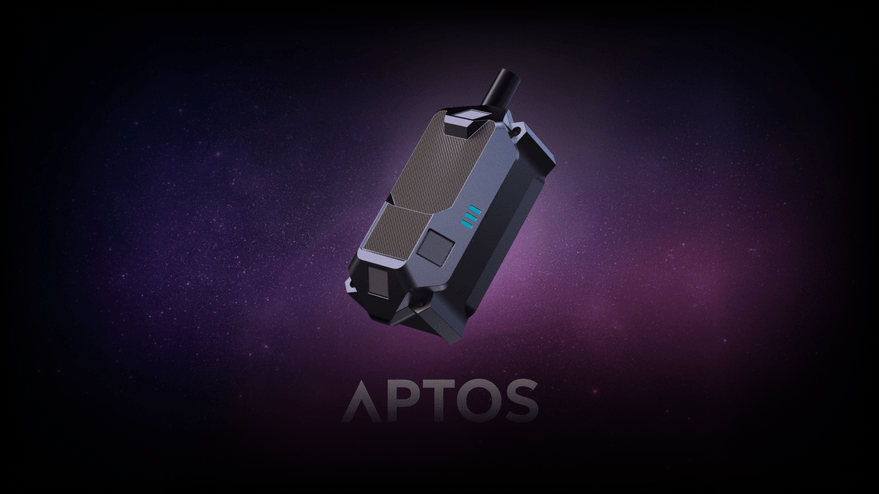MOUNTAIN VIEW, Calif. – Silicon Valley startup Aptos Orbital unveiled Oct. 22 an artificial intelligence device for space-based processing, communications and cloud services.
“Today’s satellites are siloed from modern cloud environments, hampered by the lack of onboard compute power and multi-hour coverage gaps,” Aptos co-founder Yonatan Winetraub, said in a statement. “Our goal is to make satellites as intelligent and accessible as any computer on Earth. By putting AI onboard, we can process live satellite data at the source and transmit the processed, actionable information back to Earth.”
Aptos, based in Palo Alto, Calif., is working with Amazon Web Services. While Aptos is a new company, its terminal has been flight tested.
“It was used in a maximum-security environment for sensitive data transactions, but it soon became evident that the implications of orbital computing and connectivity were much broader than security,” Aptos said by email in response to questions from SpaceNews. “In the past 2 years, terminals have been launched and have been operating on orbit for a total of over 5 cumulative processing years.”
Aptos’ modular terminals come in two versions: Mini for cubesats and Max for larger small satellites.
Satellites communications terminals usually are distinct from radiation-hardened processors for AI applications. In contrast, Aptos “integrates space-hardened compute, persistent communication, and cloud services, all into one small device that’s offered with a simple subscription service,” the company said by email. “This holistic approach is both the highest performance and the most practical solution for satellite operators, saving satellite operators years of integration and validation.”

